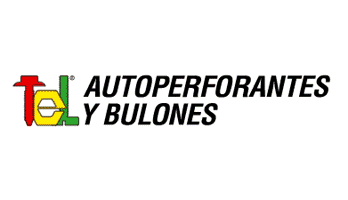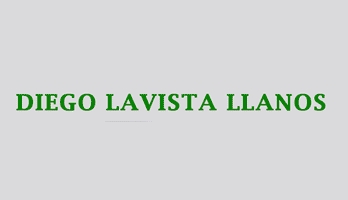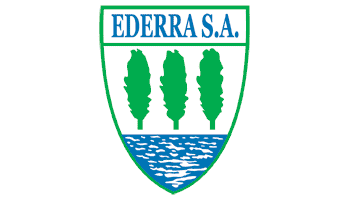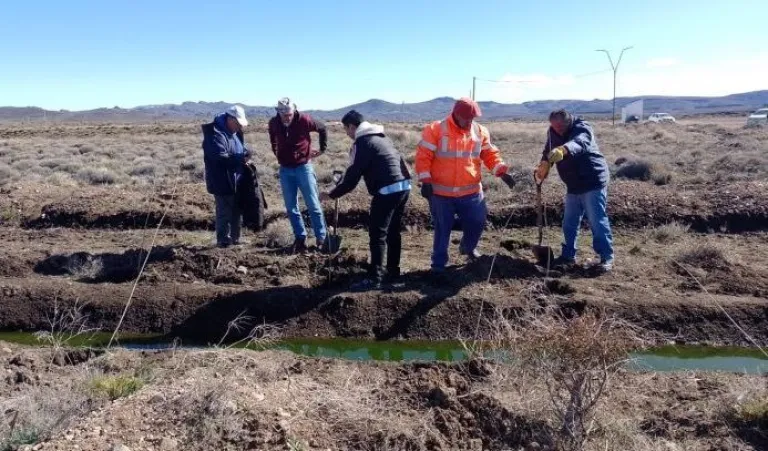
Pilcaniyeu is committed to reusing water for forestry purposes
In an innovative project developed in Pilcaniyeu, work is being done on the reuse of treated effluents for forestry purposes
This initiative is carried out by the Provincial Department of Water (DPA), the Municipality of Pilcaniyeu, the Entity for the Development of the Southern Line and Region, the National University of Río Negro (UNRN), the National Institute of Agricultural Technology ( INTA) and Aguas Rionegrinas SA.
The water reuse process is being implemented at the local Sewer Liquid Treatment Plant. Through this project, the aim is to take advantage of the treated effluents for forestry agricultural irrigation. In the first stage, 100 trees have been planted on the property where the plant is located, thus marking the beginning of Effluent Reuse in Pilcaniyeu.
In addition to this important action, an agreement was signed between Mayor Néstor Ayuelef and the Municipal Nursery. This agreement will allow planning activities aimed at the development of new plantations during the spring.
With this initiative, Pilcaniyeu seeks to provide an innovative and sustainable solution to the water problem, promoting the use of available resources and the preservation of the environment. It is expected that this project will be a reference for other localities and regions in the implementation of responsible actions with the care of the natural environment and the sustainable use of water resources.

IT MAY INTEREST YOU
 San Vicente celebrates the 39th edition of the National Wood Festival with outstanding artists
San Vicente celebrates the 39th edition of the National Wood Festival with outstanding artists
It will be from October 31 to November 3.
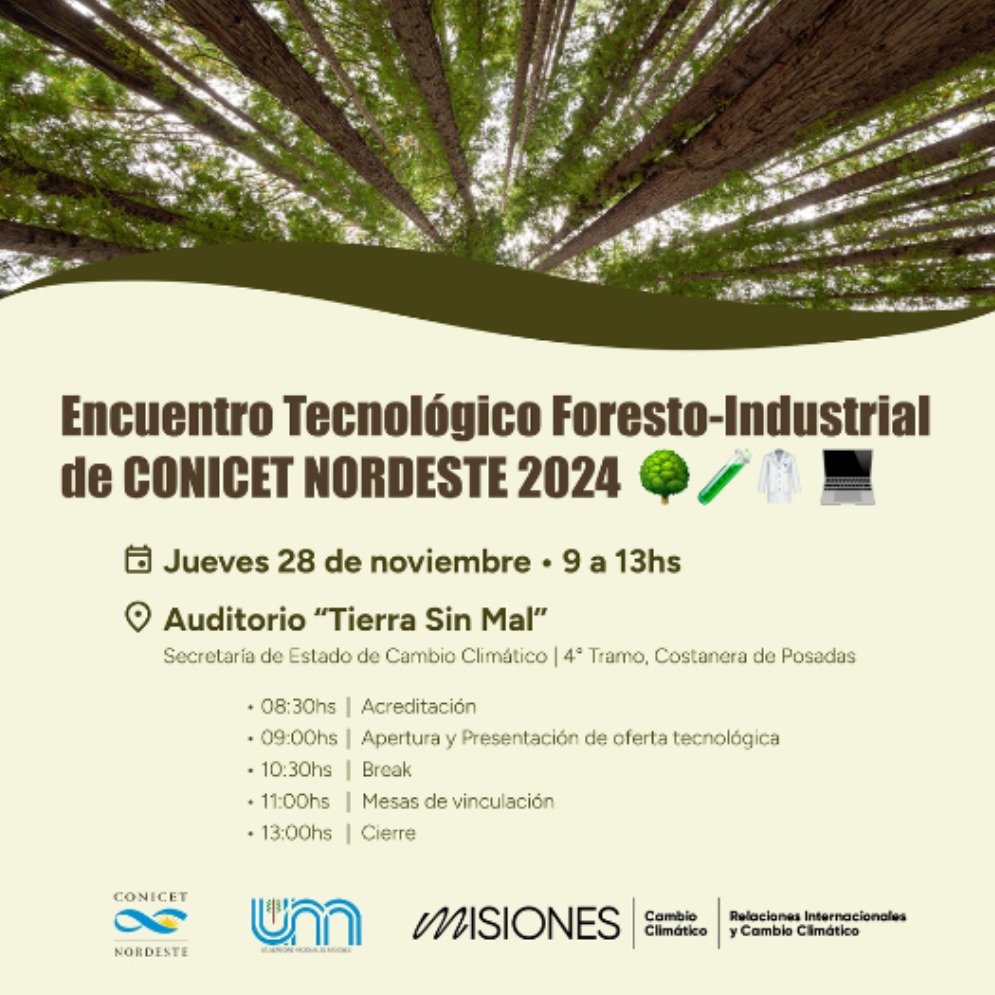 Misiones | CONICET Northeast summons companies to participate in the Forest-Industrial Technological Meeting 2024
Misiones | CONICET Northeast summons companies to participate in the Forest-Industrial Technological Meeting 2024
On November 28, the city of Posadas will be the scenario of the Forest-Industrial Technological Meeting 2024 for companies in the region, an event organized by CONICET Northeast that aims to strengthen the relationship between science and companies in the sector of production and wood industry. The day will take place from 9 a.m. to 1 p.m. at the Earth Auditorium without evil, in the Secretariat of Climate Change State.
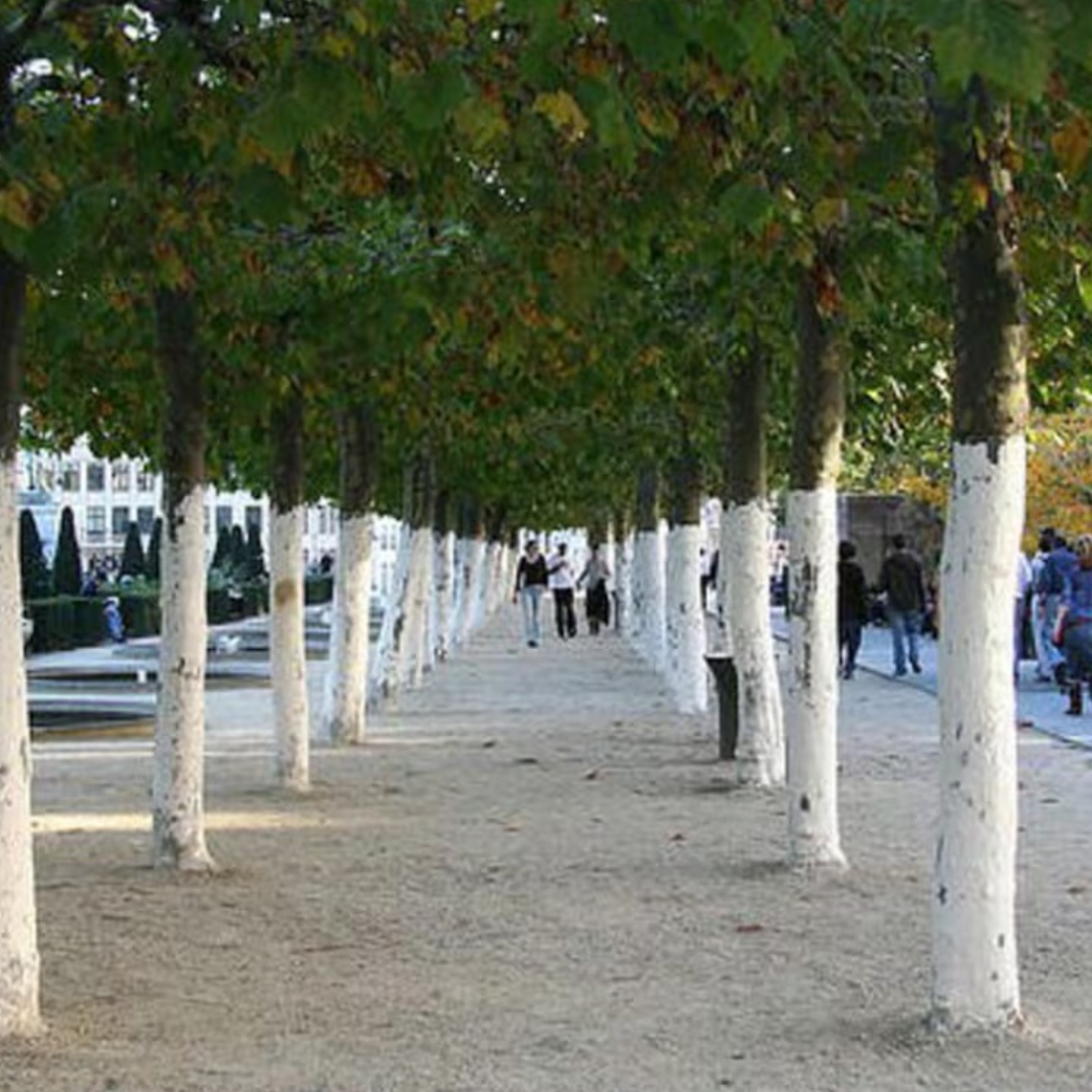 Why are the trunks of some trees white
Why are the trunks of some trees white
White or wrapped painted of tree trunks is a common practice that goes beyond aesthetics. In various places, streets and even rural areas, this technique that has specific purposes for their protection, especially those youngest or vulnerable can be observed.


